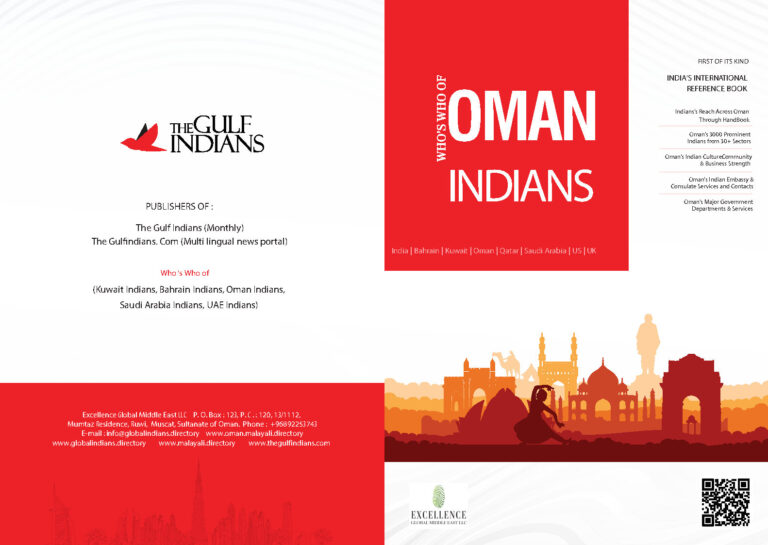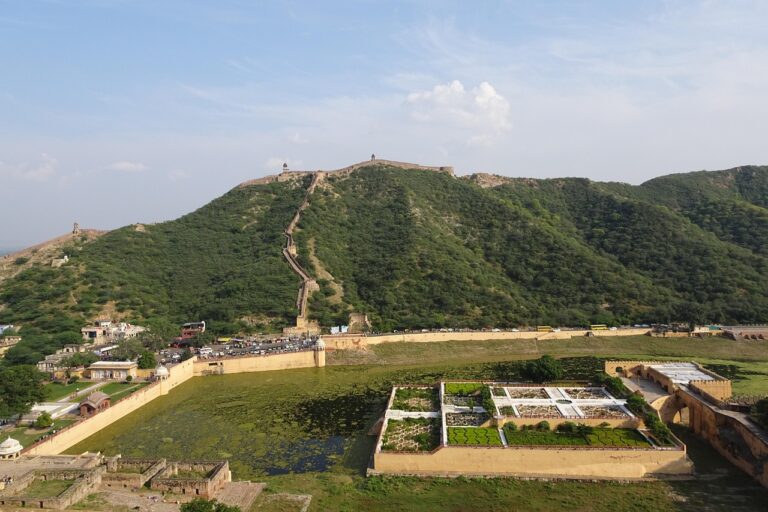The decision of the Union Cabinet to hand over the operation of the Thiruvananthapuram airport to the Adani Group for 50 years has courted controversy. Jaipur and Guwahati airports will also be leased out for 50 years. The seriousness of the controversy is heightened by the fact that the Central Government has decided to reject the State Government’s demand to handle operations of the Thiruvananthapuram Airport.
In view of the financial success of the for-profit Cochin International Airport Limited (CIAL), the Government of Kerala had requested that the operations of Thiruvananthapuram International Airport be handed over to the Trivandrum International Airport Limited formed by the State Government. It had offered to submit a tender similar to the one submitted by company formed by the Adani Group to run the airport. But the central government rejected this demand.
Cochin International Airport is a prime example of how effective the concept of public-private partnership can be. CIAL is today the fourth largest airport in India in terms of international traffic. The partnership between the public and private sectors is fully balanced and managed by CIAL. CIAL has 19,500 shareholders from 30 countries. The State Government holds 33.6 per cent stake in Cochin International Airport. Even though the shareholding is less than 50 per cent, the government has the control of CIAL.
About 90 per cent of the airports under the Airports Authority of India are being run at a loss. It is under this circumstances that the AAI decided to outsource some airports to private companies to increase revenue. CIAL is one of the most profitably run airports under the Airports Authority of India. CIAL had posted a net profit of Rs 204.5 crore in the previous fiscal. The company has achieved a profit growth of 22.5 per cent in 2019-20. Trivandrum International Airport Ltd was formed with the aim of being another company modelled on the well-functioning CIAL. The success of the CIAL model should have given first priority for the State Government when the Central Government decided on privatisation of the operations of the airport. But that is not what happened.
The move should be seen as another example of the intensification of an unholy alliance between the central government and some companies. The question of what merit the Adani Group has while rejecting the request of the State government to hand over the responsibility of the airport is quite relevant here. The deal is similar to the contract given to Anil Ambani’s company, which had no track record in the aircraft manufacturing sector, in connection with the Rafale aircraft contract.
Thiruvananthapuram is one of the six airports operating profitably in the country. The decision to hand over the airport to the owner of the Vizhinjam project, which has not even half way towards completion owing to lack of funds, is completely mysterious.
The political business alliance is clear when the terms of the tender has been changed. When the tender was called it was for 30 years and when it was awarded to Adani it was changed to 50 years.
Established in 1932, the Thrivananthapuram airport is fifth international airport in the country and the first in Kerala. It has an area of 700 acres and handles 44 lakh passengers, 35000 aircraft, 21000 MT of cargo imports and 27000 MT of exports annually. The handing over of Thiruvananthapuram Airport, one of the busiest airports in the country, to private operators with no credible track record in the field is the latest example of the Central Government’s reckless policy of selling off family silver.
It remains to be seen whether the management will eventually end up in Adani’s ownership in the face of strong allegations that ports, roads and airports are the ugly face of crony capitalism behind the group’s ownership.
The observation of former Reserve Bank Governor Raghuram Rajan that the source of wealth for the vast majority of India’s billionaires is government contracts, licenses, spectrum and land is relevant in this context. We see the business and assets of a few corporate groups close to the government growing manifold through contracts and benefits granted by the government. This crony capitalism, which does not even respect the etiquette of the market and ignores the interests of the state governments, cannot be expected to benefit the future of the country in any way.


















